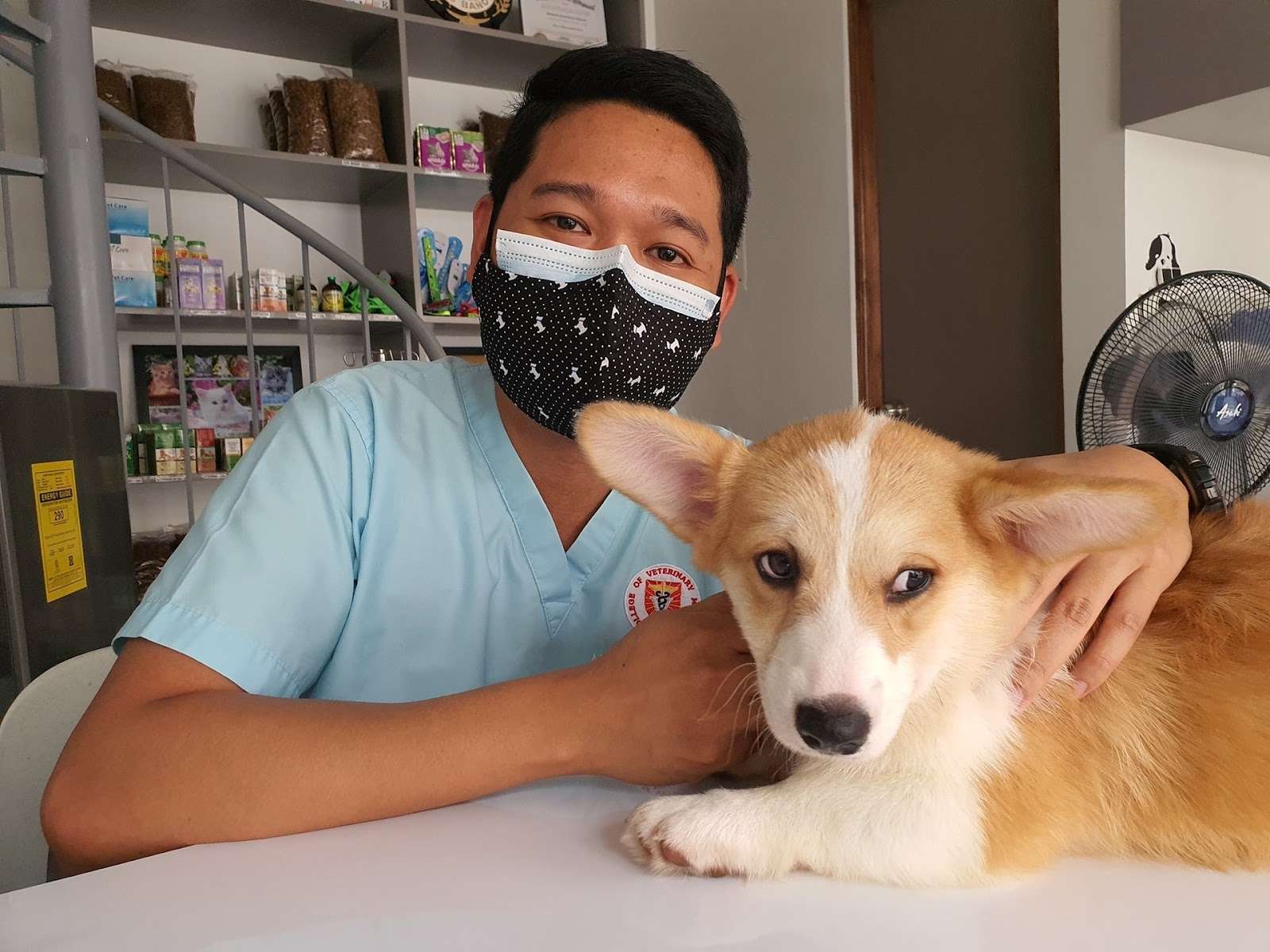Every industry, including the field of veterinary medicine, has risks and uncertainties that can impact its day-to-day and long-term financial viability. It requires veterinarians to go for tailor-made packages of comprehensive insurance coverage that will protect them against those risks.
The article discusses the applicable veterinary business insurances in detail covering, mainly veterinarian insurance, veterinary liability insurance and other policies necessary for safeguarding the veterinary practices.
Vet Business Insurance – What is it and Why Is It Necessary?
Various veterinary business insurance plans are designed to reduce the risks associated with attempting to offer veterinary management services and include, but are not limited to professional negligence, property loss, and employee related risks.
Below is a brief analysis of the principal malpractice types the veterinarian should insure:
Veterinary Professional Liability Insurance
It provides coverage to veterinarians against malpractice and negligence suites. Such malpractice and negligence are based on professional services. Any legal fees and any settlements from these accusations as well as treatment errors are within the scope of this provision.
Veterinary Malpractice Insurance
Just like professional liability insurance, veterinary malpractice insurance only caters for negligence claims during the provision of animal treatment services. Legal charges and compensations are covered within this plan.
General Liability Insurance
General liability insurance covers third-party claims for bodily injury or property damage that take place on the veterinary practice premises. It also safeguards against lawsuits created from clients or visitors’ accidents.
Business Owner’s Policy (BOP)
This policy is aimed at small businesses and combines general liability and business property insurance with business interruption cover under a single package. This is because BOP packages help provide a wider coverage base at a lower price.
Commercial Auto Insurance
This type of insurance is meant for vehicle types that will be used in the context of business including office vehicles operated by staff members on behalf of the company. This is important for practices that transport their animals or supplies using vehicles.
Workers’ Compensation Insurance
This type of insurance is made compulsory by the law in most states and pays for medical and income loss due to work-related injuries sustained by employees. Workers’ Compensation Insurance safeguarding employees and the practice against the financial consequences of workplace-related injuries.
Veterinary Professional Liability Insurance
Veterinary professional liability insurance is a must for veterinarians because it offers protection from negligence claims and malpractice pertaining to the provision of veterinary services. Insurers typically provide this type of coverage for legal expenses, settlements, and judgments arising from lawsuits relating to unprofessional conduct.
It provides protection against claims that came about from:
- Errors or omissions in treatment
-
- · Failure to diagnose
- · Breach of confidentiality
- · Negligence during surgery or procedures
Key Features
- Coverage Limits: Small animal veterinarians are advised to carry coverage limits of between $1 million to $2 million limit per incident.
Limitations may be higher for those involved with high-value animals and surely for those engaged in specializations such as surgery.
- Consent to Settle: Policies need to contain a provision within which the insurance company must obtain permission from the veterinarian to settle any claims.
It assists the veterinarian’s image, so they should always have a voice over who gets certain claims and how they are settled.
- Defense Costs: Costs necessary for hiring veterinary malpractice attorneys, which can be steep, are covered by the insurance policy as a matter.
Veterinary Liability Insurance Cost
There are several factors that will determine the cost of veterinary liability insurance.
- Type of practice i.e. whether it is a small animal or large animal.
- The number of employees and overall business size
- Past claim history
Cost Factors Breakdown
| Factor |
Description |
| Practice Type |
Small animal practices generally have lower premiums than large animal practices due to risk factors. |
| Location |
Urban practices may face higher premiums due to increased litigation risk compared to rural areas. |
| Claims History |
A history of previous claims can increase premiums significantly. |
| Coverage Limits |
Higher coverage limits will result in higher premiums. |
| Business Size |
Larger practices with more employees may pay more due to increased risk exposure. |
Business Insurance for Vets
Apart from malpractice insurance, veterinarians are advised to consider a business owner’s policy (BOP). A BOP provides a multitude of medical insurance types in a more efficient, lower-cost form to small businesses.
Components of a BOP
A veterinary business BOP would normally contain the following:
- General Liability Insurance – covers any third party not directly connected with the business from any legal action resulting from physical injury/ or emotional trauma related to the injury.
- Property Insurance – covers such items as machinery, furniture, and building from perils such as theft and fire.
- Business Interruption Insurance – deals with losses if the business is required to close because of a certain cause for some time.
Additional Coverage Options
Veterinarians may also need additional coverages tailored to their specific needs:
- Commercial Auto Insurance: This will take care of any vehicle that is used on company business, in case such vehicles are involved in accidents during working hours.
- Workers Compensation Insurance: This is compulsory in many states, and it applies to employees who sustain injuries while performing their duties, covering healthcare bills and any cost incurred as a result of staying away from work.
Risk Management Strategies
To ensure a more protection, more risk management strategies need to be effectively put into place by the veterinarians together with their insurance policies:
- All of the workers should also be trained on best practices and safety measures.
- Keeping proper medical history and record.
- Making sure that the treatment, what it entails, and what is expected are clearly defined to patients.
Conclusion
With most of the practices interrelated with each other, managing practice of choosing suitable veterinary business insurance requires navigation through many practices most of which are unforeseen. When it comes to coverage, there is no shortage of choices.
For more guidance on which insurance cover to take contact insuranks and will guide you every step.








